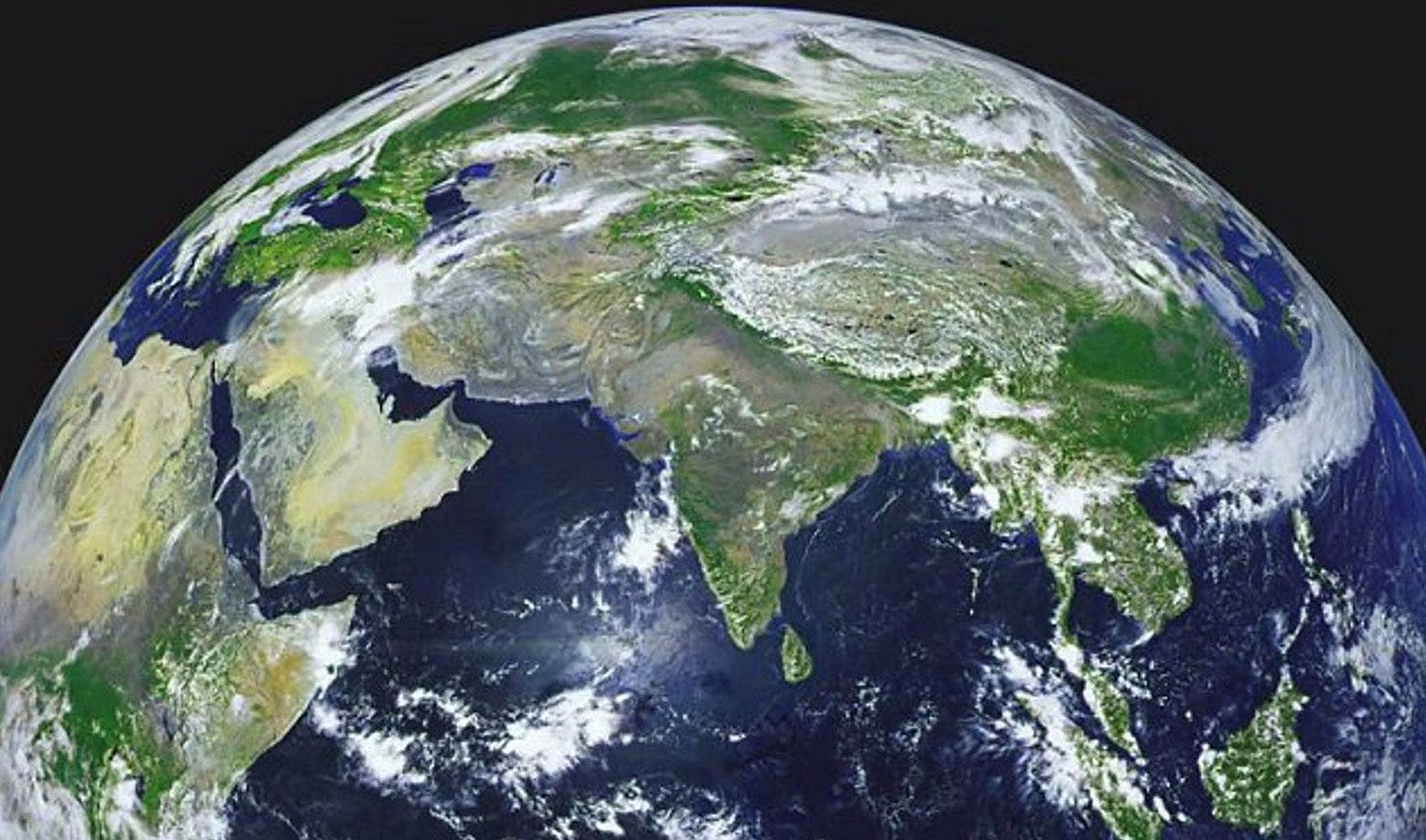Climate News Round-Up
The latest science-driven news and analysis to counter the cult of climate catastrophe
“Did a battery fire just kill the COP30 climate conference?” – A fire has erupted at COP30 just as talks were closing, sending delegates fleeing and disrupting negotiations, reports Eric Worrall in WUWT?
“Is it really the end of climate cancellation?” – Benjamin Zycher, writing for the American Enterprise Institute, cuts through the spin to argue that climate cancellation isn’t over – just evolving.
“Warmists feel a growing chill” – In Climate Scepticism, Tony Thomas takes a skeptical look at mainstream climate science.
“It’s official – Mad Miliband’s plan will push up electricity prices by £265 a year” – It seems the media are finally waking up to Miliband’s lies, says Paul Homewood on Not A Lot Of People Know That.
“Britain’s national security must not be sacrificed to Net Zero” – We are furnishing our enemies and our competitors with a permanent and unnecessary economic advantage, warns ex-SIS head Richard Dearlove in the Spectator.
“Four LTN cameras rake in £1.4 million from drivers in just one month” – Labour-run Merton council has raked in £1.4 million in fines from new low-traffic neighbourhood cameras in just one month, according to the Telegraph.
“Activists were given scripts on how to promote the London ULEZ expansion” – On Substack, Charlotte Gill exposes how activists, posing as ordinary Londoners, were given scripts by NEON and the Clean Cities Campaign to promote ULEZ.
“Green depression: German companies fight for survival – insolvencies reach peak in October” – Germany serves as an example of how not to manage energy supply and economics in a country, writes P. Gosselin on NoTricksZone.
From the Climate Skeptic today
“Debunking the BBC’s claim that Pakistan’s floods are made worse by climate change” – If the BBC’s Standards Committee, which is reviewing the corporation’s coverage of climate change, wants a good example of bias, it should take a look at its report of recent floods in Pakistan, says Paul Homewood.


